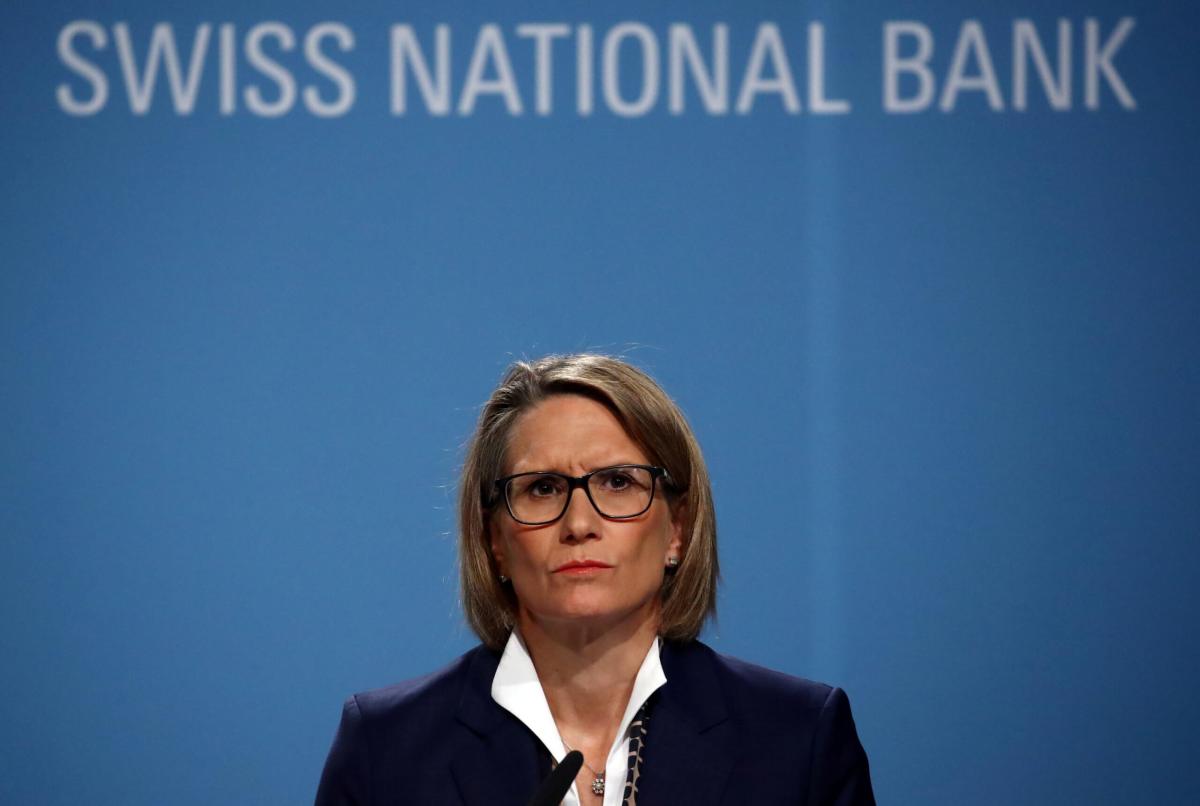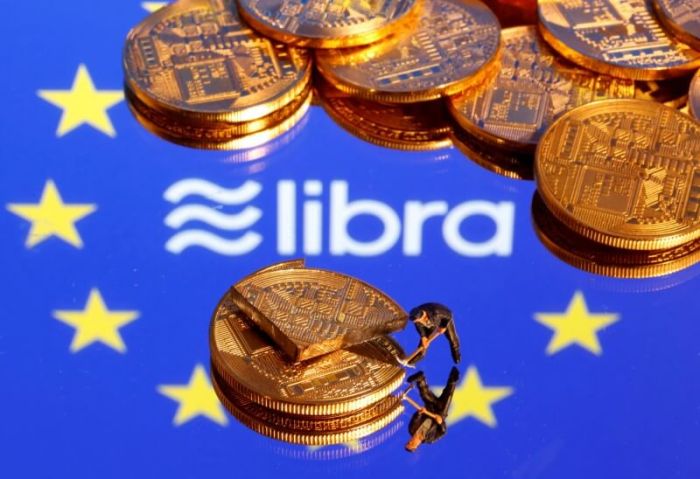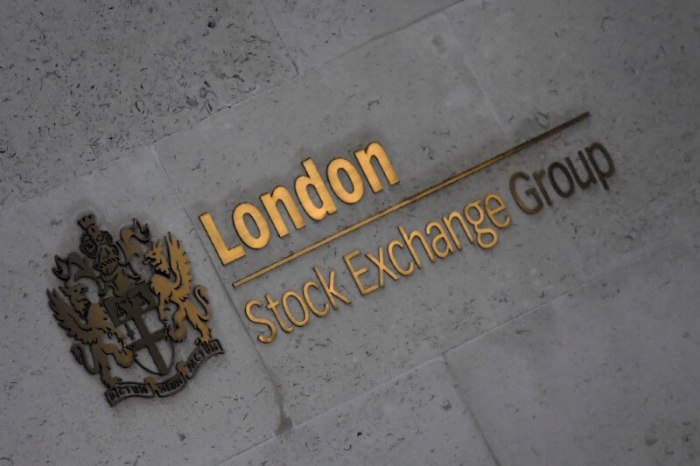By John Miller
ZURICH (Reuters) – Trade wars, Brexit and the simmering Iran conflict are fanning the flames of global uncertainty, stifling industry’s readiness to make investments needed to spur productivity, a Swiss National Bank (SNB) policymaker said on Wednesday.
SNB governing board member Andrea Maechler said expansive monetary policy that now dominates world central banks is the appropriate antidote to low inflation and fragile economies.
“For Switzerland, the negative interest is absolutely needed and essential for us,” Maechler said at a Refinitiv event in Zurich.
Last month, the European Central Bank and the U.S. Federal Reserve slashed interest rates. Switzerland held its own rates steady in negative territory, where they have languished for a half decade.
Maechler said low- and negative interest rates may linger much longer in a world where people are questioning whether current tensions are a passing fancy, or the passing of the old order.
“Behind this uncertainty is the question, ‘Are we seeing the beginning of an erosion of globalization?’ ” Maechler asked about 60 bankers and financial professionals at a hotel in the Swiss financial hub.
“This is really something that makes people much more uncomfortable and pushes down capital investment.”
Short-term turmoil like the U.S. trade conflict with China or Britain’s EU exit, she said, is now converging with far-reaching trends like falling labor productivity and an aging population that is saving more, without that cash being directed into productivity-spurring investments.
Lower productivity means lower real growth, and lower real growth means lower interest rates, Maechler said.
“The issue is, how do you make sure you transform the savings into productive investment that can then increase productivity. This is what’s not been happening enough,” she said.
“This is why today’s heightened uncertainty is so bad, precisely because it hits not the “sweet spot,” but the “pain spot”: The desire to actually invest and have a positive outlook for the future.”
PAID TO WORRY
Maechler said Switzerland, aided by innovation and flexible rules, has weathered economic and geopolitical turbulence relatively well, with real growth more on par with the United States than Germany, its biggest trading partner whose manufacturing recession has deepened.
Still, the SNB’s move last month to pare its growth and inflation outlook reflects fear Switzerland’s export economy could get snared by Europe’s undertow.
“It is my professional duty to worry,” Maechler said. “This is something interesting in my job: How to find that balance — to worry, and yet be very rational.”
(Reporting by John Miller; editing by Thomas Seythal and Michael Shields)



















